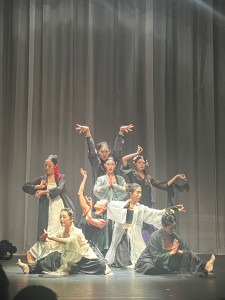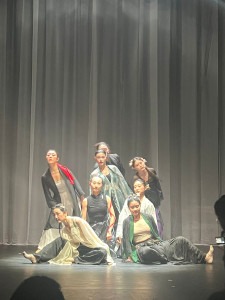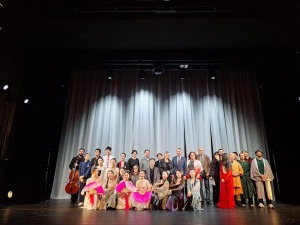Executive Board of the European Federation of Associations, UNESCO Clubs and Centres particularly celebrated day 21 September, designated worldwide as 'International Day of Peace'. On this occasion was presented by Dr.. Ana Maria Negoiţă – coordonator schedule Alumnus Club, an open letter to UNESCO civil society. The document highlights the important historical aspects of the ongoing struggle of humanity for peace, while stressing the importance and role UNESCO plays, now, in promoting and sustaining peace, so actual topic these days.
- Open letter to Civil Society: Peace as an Act
- To the People of the World
- “You may say I’m a dreamer, but I’m not the only one. I hope someday you’ll join us. And the world will live as one.”
― John Lennon - In a world ravaged by war and discontent, a world of disparate needs and allegiances, in a world divided by creed and faith, peace seems to be something of a white elephant, a stranger whom we used to welcome but an unlikely guest in our day and age. Wars in Syria, Iraq, Afghanistan, Nigeria, Financial, Sudan to name a few, discourage us. We are no nearer to peace today than we were at the end of WW II. The generations that followed the World Wars dared to hope for something more but their own experience demanded that they moderate their hopes with the harsh realities of life and death that they had known.
- Sometimes we too are tempted to lose sight of peace and even the pursuit of peace and in turn become despondent and overwhelmed and it is at this crisis point that we are left with some deep questions: Is peace possible? Is peace worth striving for in a world of faction? Is peace merely wishful thinking?
- It has taken great human beings to remind us that peace is not only possible but a worthy vision for the future of humanity and to remind us that despite despondency we must never lose sight of this truth. This year we remembered the 50th anniversary of the “I have a Dream” speech of Martin Luther King, Jr who famously looked towards a future of oneness and dared to look beyond his present. In his “dream” speech he looks beyond the present towards a future of peace, towards a world without segregation and hatred, towards a world where all are treated with dignity and respect, towards a world where peace and freedom reign. The terrible cost of his courage was his own life. He stands with other noble human beings who stood for peace and counted the cost. Nelson Mandela, Mohandas Gandhi, the Dalai Lama, Mother Theresa, ordinary people with an extraordinary vision, ordinary people with a vision of peace, ordinary people with the courage to stand for peace.
- Ambrose Redmoon a beatnik poet once cogently suggested that, “Courage is not the absence of fear, but rather the judgement that something else is more important than fear.” I remind you that our UNESCO constitution states: “since wars begin in the minds of men, it is in the minds of men that the defences of peace must be constructed” We are convinced that the pursuit of peace is still crucial and something that can never be achieved by organizations or structures but only by people working hard towards this end. UNESCO exists because we dare to dream, we dare to declare the unity of humanity despite our differences, because we too dare to dream of peace.
- We call upon the delegates from this conference to remain rooted to a vision of the future which does not overlook the suffering and war-torn world but looks to make a difference and count the cost. A vision of peace! Not a cheap peace that pretends that all is at rest but a peace that sees the need of our world and is willing to work to achieve it.
- Martin Luther King, Jr remarked on the future of his dream but also said emphatically: “I have a dream today.” Peace is an act and not a condition to be passively received. We have a great deal of work to do!





















